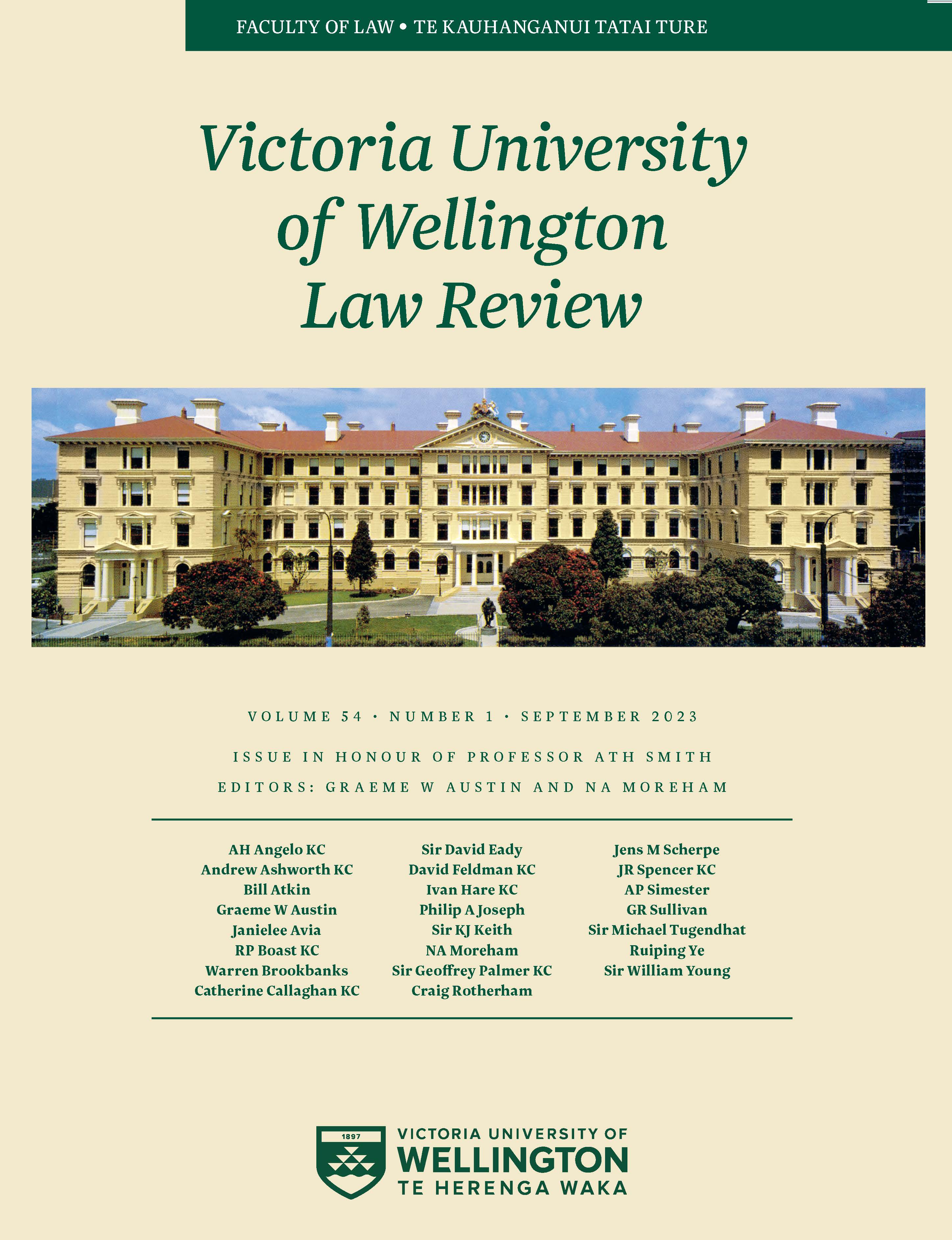The Growing Complexity of a Human Right to Assemble and Protest Peacefully in the United Kingdom
DOI:
https://doi.org/10.26686/vuwlr.v54i1.8440Abstract
Policing demonstrations is difficult, and prosecuting people for public order offences arising from protests may risk closing down some channels for democratic engagement. In the United Kingdom, delicate judgements by police, prosecutors and courts have become still more complex as a result of the domestic application, under the Human Rights Act 1998 (UK), of the rights to freedom of expression and of peaceful assembly under the European Convention on Human Rights. When is it permissible to interfere with those rights in order to protect other interests and rights? When is it necessary to strike a balance between them, and who is responsible for doing so? What are the limits of the responsibilities of the police, prosecutors and judges or juries respectively to make judgements about the appropriate balance, and when may a defendant be allowed to say, in answer to a criminal charge, that criminal legislation should be read and given effect in such a way as to respect the defendant's right to freedom of expression or peaceful assembly so as to entitle the defendant to be acquitted? This article examines developments in policing and prosecutorial practice and in case law responding to those issues.
Downloads
Downloads
Published
How to Cite
Issue
Section
License
Authors retain copyright in their work published in the Victoria University of Wellington Law Review.


